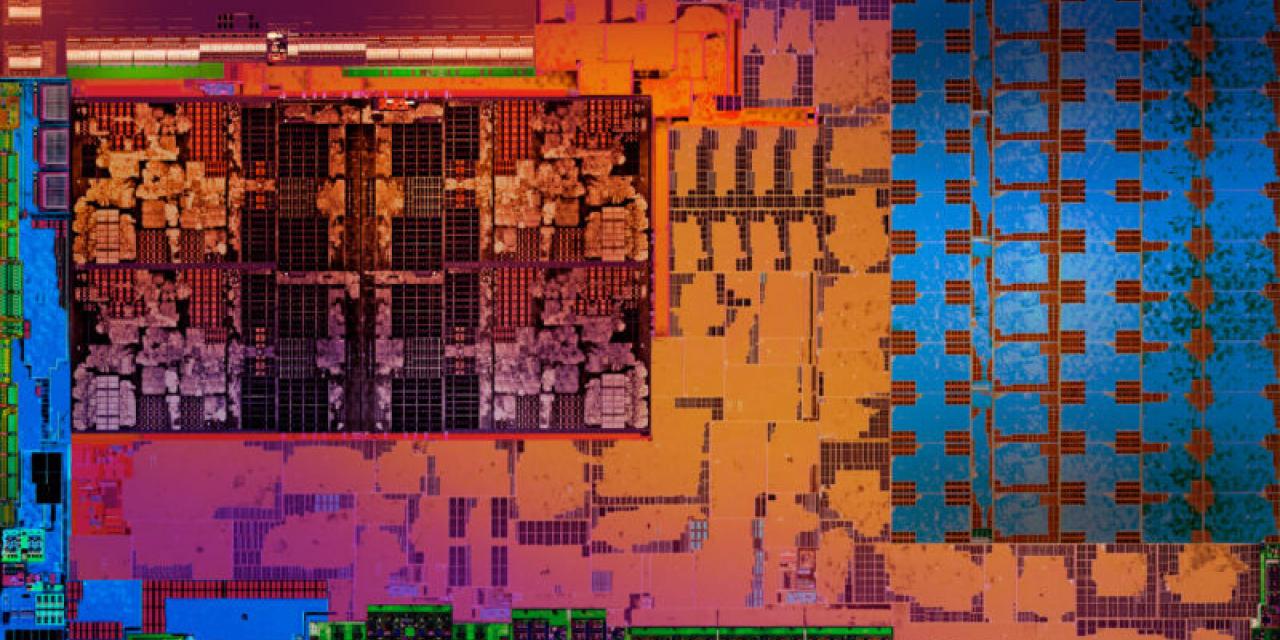
The first AMD hardware release of 2018 is part of its new Ryzen refresh line, but these aren't just second-generation CPUs, they're APUs, which pack a little Vega graphics core on board and mean they handle central processing and graphics processing on the same die. The same as Intel CPUs do, but it's AMD.
What had people excited about these APUs though, is that although typically AMD CPUs are weaker than Intel's, it's graphics chips (even on die) are stronger. A Ryzen APU with a decent processor on-die too could make it a great catchall gaming chip. Well now the reviews are out: how did they do?
In short, it's a bit of a mixed bag. We never expected these chips to replace high-end gaming setups, but you are really only going to find much value at the very low-end of the price spectrum.
The two chips AMD released this week are the Ryzen 5 2400G and the Ryzen 3 2200G. The former combines a four cour/eight-thread Ryzen CPU with 4MB of level 3 cache and a frequency that clocks up to 3.9GHz, with an 11 Core Vega chip. The latter has a four core/four thread Ryzen CPU with 4MB of cache and a 3.7GHz turbo frequency, with an eight-core Vega graphics chip.
Although the 2200G is the weaker of the two, its $100 price point is a solid one. It replaces the Ryzen 3 1200 with the same number of cores and a faster clock speed - though it does have slightly less cache. The on board graphics die however, makes it an all in one system, so if you're building a budget gaming system or something super small, it would work great. It's not going to play much beyond 1080P at low/medium settings, but it works.
In comparison, the 2400G just isn't as much value. Its CPU is substantially weaker than similarly priced Ryzen 5 1400, 1500X and 1600 and its on board graphics chip is only a little more powerful than the 2200G. At $170 it's much harder to justify and you'd be better off buying a weaker CPU and saving up for an entry-level desktop graphics card instead.
If this is disappointing to you, remember that this is AMD's first release of the year. We still have Ryzen+ coming later this year, as well as some potential Vega+ refreshes before 2019 rolls around.








